For older adults, access to educational opportunities has a positive impact on their human development and the improvement of their physical and mental health.
Old age is a stage of life that begins at the age of sixty. It is a stage that is stigmatized due to the presence of various physical, cognitive, and social changes. However, it is important to recognize the diverse needs of this heterogeneous group of the population, take care of their well-being, and give them the necessary tools so that they can achieve more active participation in society. To this end, it is essential to promote the reevaluation of older adults’ experiences, their longings, values, and personal development through the strengthening of their sense of life.
For the first time in history, in 2018 people aged 65 and over outnumbered children under the age of five worldwide and by 2050, one in four people living in Europe and North America could be 65 years of age or older, according to the United Nations report, World Population Prospects (2019). Contrary to this trend, 34% of UNESCO member countries that participated in the World Report on Adult Learning and Education, GRALE 4 (2019), responded that to date in their country, no type of funding for the education of older adults was being considered or that it is not a priority.
“Our older adults must play a more active role in society, avoiding feeling isolated and void of opportunities to develop.”
Objective 4 of the Sustainable Development Goals in UNESCO’s Agenda 2030 seeks “to ensure inclusive and equitable quality education and promote lifelong learning opportunities for all.” However, the reality is that, in this aspect, to date, there is no perceived sufficient progress toward the target, investment is insufficient, and participation in many countries is irregular GRALE 4 (2019). Analysts say that, if this same direction continues, Objective 4 of the 2030 agenda education will not be achieved; besides, other related objectives are at risk, such as those that address poverty, health and well-being, decent work, and economic growth, and sustainable cities and communities.
Lifelong learning allows older people to better adapt to this new stage of their life, helps them keep their minds and bodies active, acquiring a good emotional state, among many other benefits. Older people who participate in activities related to their learning, health, and education are more involved in the community, are more independent and they enjoy better health and well-being.
Over the past three decades in Mexico, the increase of people over the age of 60 has been growing, as established by the National Institute of Statistics and Geography (2014). On the one hand, this is an achievement, given the increase in life expectancy; however, the society and economies of countries, in general, are not prepared for this change, which implies that there are new needs for aspects like health, economics, employability, and education, among others.
This new demographic dynamic has attracted attention to the needs of this sector of the population. Our older adults must play a more active role in society, avoiding feeling isolated and void of opportunities to develop. Faced with this challenge, we must know the strategies that have been generated concerning educational opportunities for older adults, as well as the alternatives that promote their learning and personal development.
To improve educational opportunities for older adults, the methodologies and learning models must be suitable for the characteristics of this population. To achieve effectiveness in these models, Serrani (2013) has proposed using direct experience, reflection, and observation, as well as thought and action. Given these characteristics, we identify learning models that will give greater positive results to the learning of older adults, such as experiential learning that “involves the living of an experience in which the student can feel or do things that strengthen their learning” (Fuerte, 2018). Another model is lifelong learning, understood as “education that is pursued and on par with academic degrees and subsequent certifications” (García-Bullé, 2019). In this sense, it is clear that in none of the stages of life does learning stop; on the contrary, there are essential offerings of formal, self-directed, professional, personal, indirect and informal mechanisms that support the continuous learning of people.
In Mexico, both the National Institute for Adult Education (INEA) and the National Institute of Older Adults (INAPAM) have been tasked with creating an educative model for life and work to respond to the characteristics, needs, interests, and expectations of older adults and to adequately respond to their right to education for their personal, family, and community development. In this context, the Autonomous University of Yucatan implemented in 2018 the Program of the University of the Elders, which aims to strengthen the well-being of older adults through academics, sports, social and cultural events, and human development activities. For the latter aspect, a workshop on “Self-Discovery, Sense of Life, and Transcendence” was implemented; it had a duration of 20 hours and was aimed at 11 older adults ranging in age between 75 and 87 years. The workshop had the objective that older adults would be able to identify their resources, values, and attitudes as a way to make sense of their lives.
For this workshop, we decided to use the experiential learning model, which considers experience as a pillar. Following this model, various teaching-learning strategies were used, including personal and group reflections, teamwork, visualizations, relaxation exercises, and keeping a journal. Our students also made use of digital learning tools such as videos, audios, multimedia presentations, and digital documents, which stimulated their participation and interest, boosting their learning and motivation.
Older adults enjoy active participation and are motivated continuously throughout the educational process, as they recognize that this aspec
t will favor their social and personal development. For older adults, receiving educational opportunities has a direct impact on their ability to develop their human potential and to improve their health.
Below are some comments from workshop participants:
“I have evolved in every aspect of my life, my spirit enjoys an intense light, thanks to the contributions of every one of the members of the group.” (Mary, 68 years old)
“I’m excited by the idea of learning how to use WhatsApp to communicate with this cute group.” (Melissa, 91 years old)
“Something essential changed in me that coincided with this wonderful group in the workshop. Thanks to our teachers for being proactive agents”. (Carlos, 72 años)
By implementing this model, older adults have the opportunity to acquire learning that will allow them to face the challenges inherent in this stage of their lives. They were also able to expand their social networks of support, which is very important at any stage of human life and, above all, they were able to find and give meaning to their lives through values and self-transcendence. The workshop represented for teachers a very enriching experience, both professionally and personally, as we had the opportunity to observe the motivation of our students to learn and share their learnings and life experiences. The classroom was transformed into a real community of learning.
It is essential to generate educational options for older adults that take into account their needs, as this population is continuously increasing and deserve lifelong learning opportunities that contribute to their personal and professional development.
About the authors
Luisa Rosa Isela Aguilar Vargas (laguilar19@udavinci.edu.mx) has a degree in Education, is a master’s candidate in Educational Technology at Da Vinci University and professor on the faculty of the School of Education at the Autonomous University of Yucatan.
Nora Verónica Druet Domínguez (ddoming@correo.uady.mx) is a Ph.D. in Humanist Education. She is recognized in Perfil Deseable PRODEP and is currently a professor at the Autonomous University of Yucatan.
References
Fuerte, K. (2018). Glosario de Innovación Educativa. Accessed from https://observatorio.tec.mx/edu-news/glosario-de-innovacion-educativa
García-Bullé, S. (2019). ¿Qué es lifelong learning y en qué consiste? Accessed from https://observatorio.tec.mx/edu-news/aprendizaje-a-lo-largo-de-la-vida-lifelong-learning
Instituto Nacional de Geografía y Estadística, (2015). Estudio Nacional Longitudinal sobre Salud y Envejecimiento en México. Accessed from http://mhasweb.org/Resources/DOCUMENTS/2015/Documento_Metodologico_2015.pdf
Serrani, D. (2013). Procesos de aprendizaje de adultos mayores residentes en un geriátrico. Accessed from https://rephip.unr.edu.ar/bitstream/handle/2133/11025/Tesis%20doctoral%20-%20Serrani.pdf?sequence=3&isAllowed=y
UNESCO Institute for Lifelong Learning. 4 GLOBAL REPORT ON ADULT LEARNING AND EDUCATION. Accessed from http://uil.unesco.org/system/files/grale_4_final.pdf
Naciones Unidas. (2019). Envejecimiento. Accessed from https://www.un.org/es/sections/issues-depth/ageing/index.html
Naciones Unidas. (2019). Objetivos de Desarrollo Sostenible. Accessed from https://www.un.org/sustainabledevelopment/es/education/
This article from Observatory of the Institute for the Future of Education may be shared under the terms of the license CC BY-NC-SA 4.0 
)
)
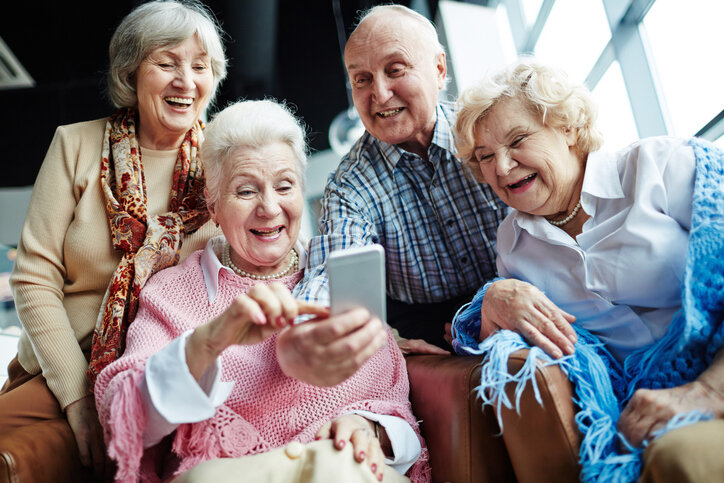
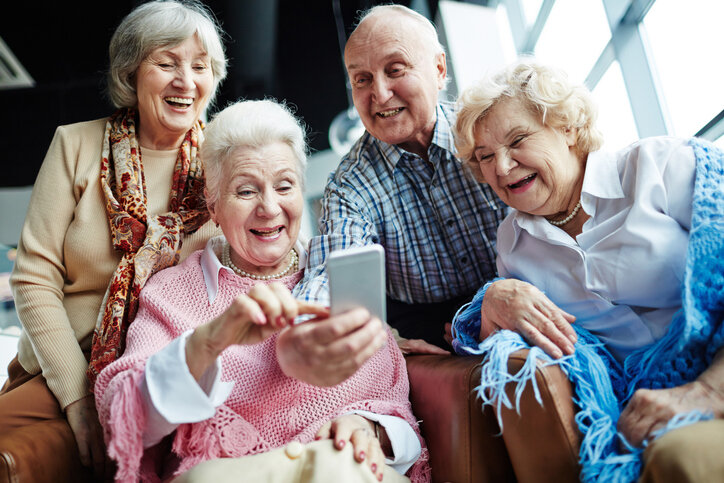
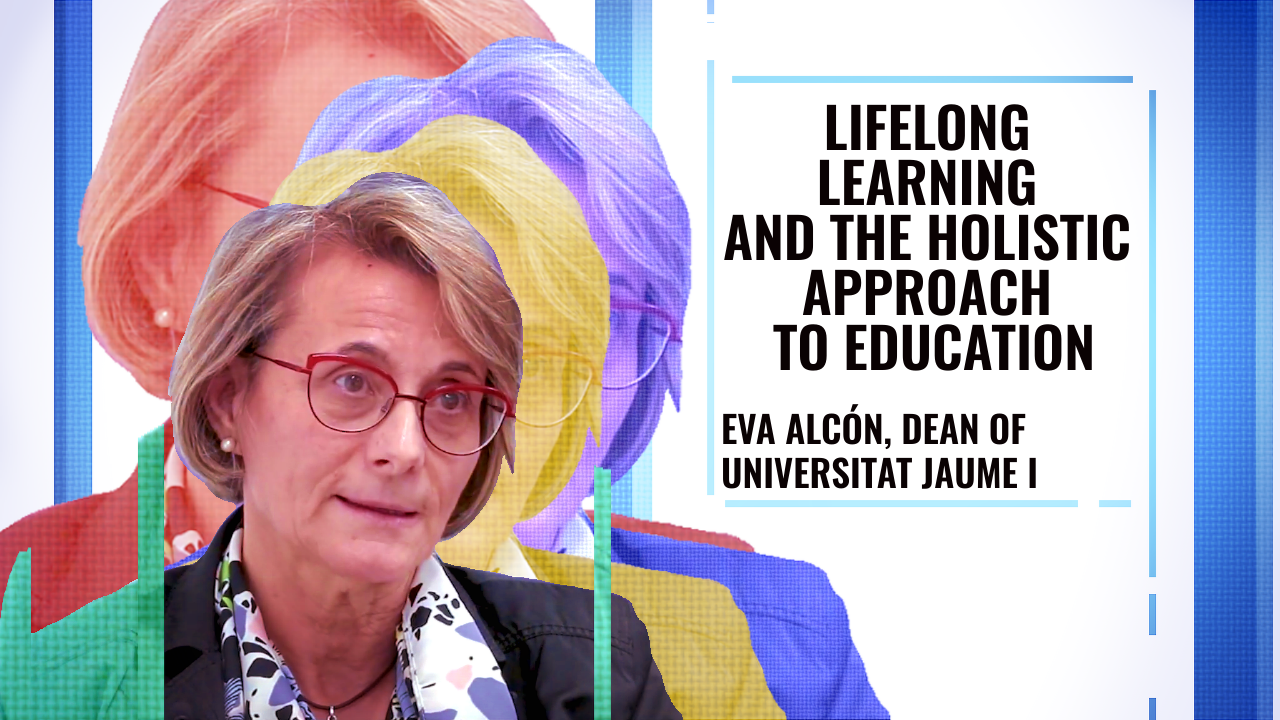

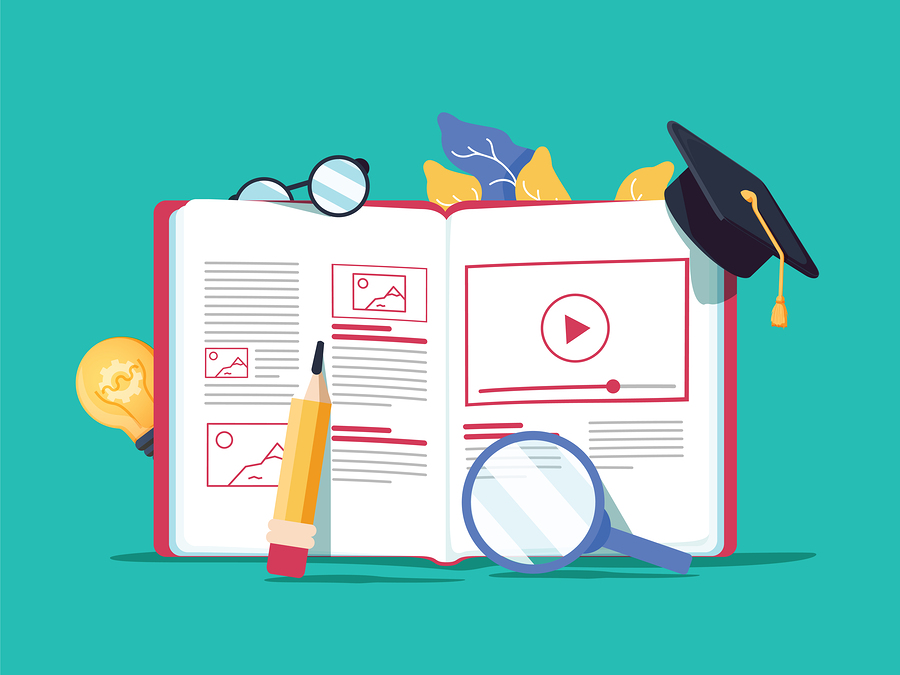


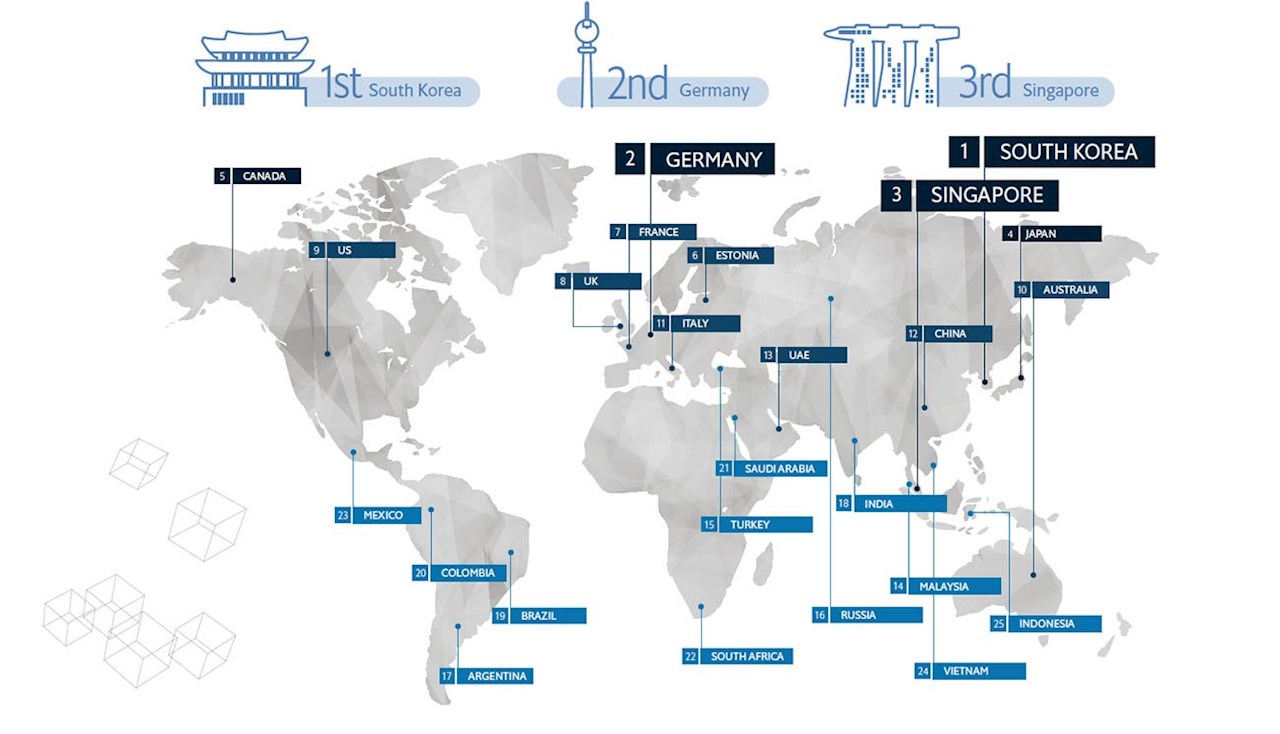
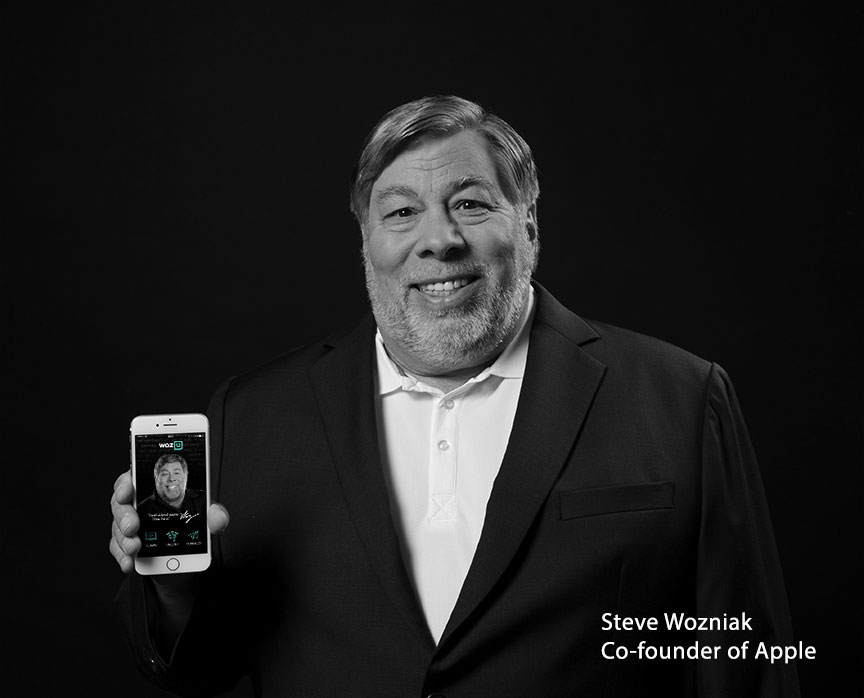
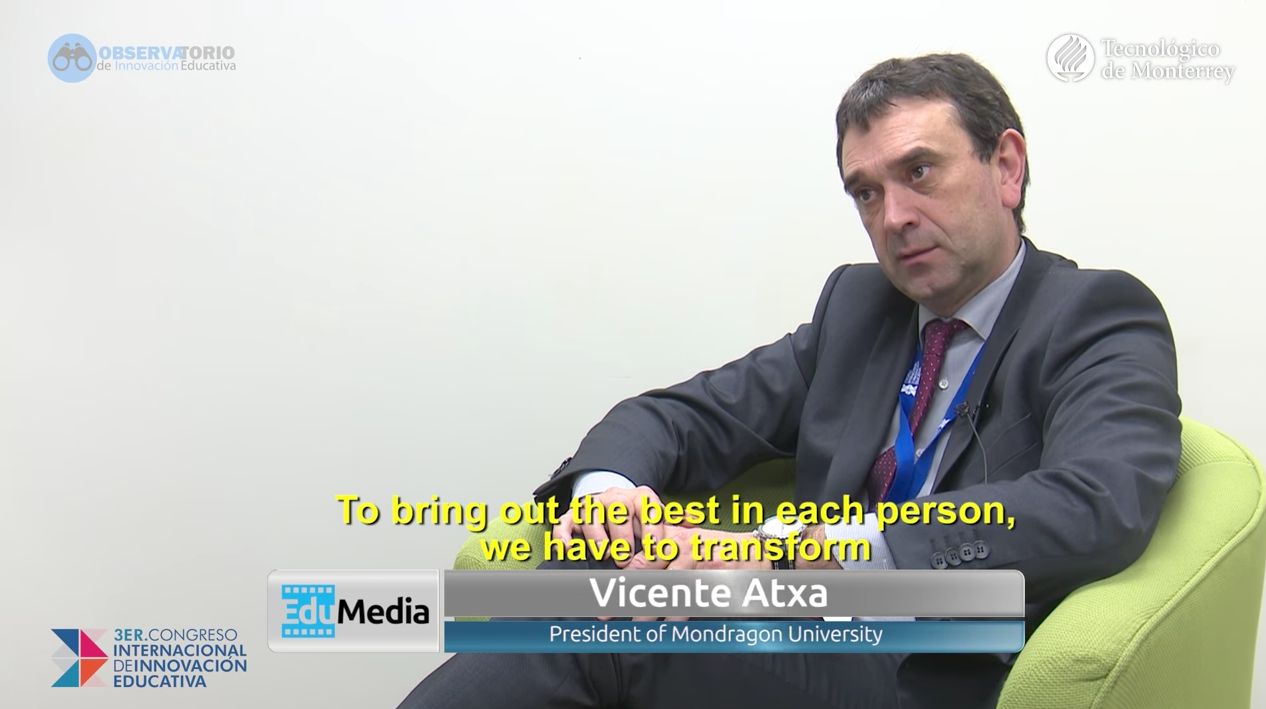
)
Observatory IFE
Observatory IFE
Observatory IFE